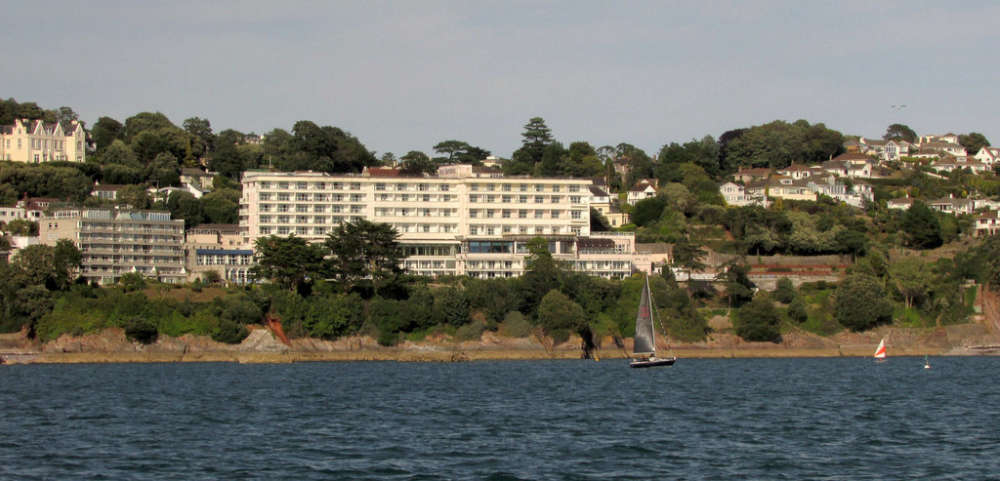
But 51 new homes will be built in grounds
Torquay’s Imperial Hotel could return to its earlier pomp after Torbay Council gave the green light for a major renovation of the former five-star landmark.
The Victorian hotel on Parkhill Road will be renovated and 51 new homes built alongside it, following a unanimous decision by the council’s planning committee.
Three new blocks next to the hotel will contain a total of 18 maisonettes and 33 apartments, split across new buildings and through the conversion of the hotel’s west wing. It is believed money made from selling the properties will go towards paying for the Imperial’s renovations.
The Imperial will have a new beach club and spa and its reception area moved. New public footpaths will be constructed to improve safety and each apartment will have its own parking for one vehicle. Ten spaces will have electric charging.
Richard Maddock, a director at Kay Elliot, the company designing the project, told the planning committee the hotel’s fortunes “mirrored those of Torbay itself: from the heights of its popularity in the 19th century to the comprehensive expansion of the sixties and seventies to its decline due to competition from package holidays in the eighties and subsequent fall from five-star grace.”
He said redevelopment would “breath new life” into the building, which looks out over Torquay Harbour, and would “recapture the grandeur of the original 19th-century property.”
The hotel, which has been running since 1864, has been owned by Andrew Brownsword Hotels, a luxury hotel group, since 2016. The company owned Exeter’s Royal Clarence, renowned to be the first property in the country to be called a hotel, and which was destroyed in a fire in 2016. It sold the site last year.
Speaking before the planning committee’s vote, councillor Nick Bye (Conservative, Wellswood) said: “Something has just got to be done with the Imperial Hotel…The building is in a shocking state.
“It is just a very depressing concrete monstrosity that desperately, desperately needs to be brought back to a high standard.”
He said the development would give a significant boost to the Bay and its economy.
Councillor Jack Dart (Liberal Democrat, Ellacombe) said he’d always been “in awe” of the hotel when growing up and that the renovation was important in making young people more interested in staying in the Bay.
He argued that granting permission for the redevelopment sent a signal to Torbay. “This is a statement,” he said. “It’s a landmark. It’s part of our history and young people will be looking at us at these meetings asking ‘what are you doing to make sure the place you want us to stay in is regenerated, suitable and ready for the future.’
“By approving this we are setting an example of what can be achieved here in Torbay.”
However, not everyone is happy. David Springer, chairman of Imperial Court’s residents’ association, said he did not object to the overall plan to renovate the hotel but was against the scheme because of safety concerns.
He argued that plans to change HGV access through a car park used by residents of neighbouring Imperial Court flats would increase dangers to residents. Many are elderly and some are wheelchair users or have health conditions. He claimed the plans would “put their safety in jeopardy.”
Mr Springer said there had been no community engagement other than the offer of a meeting from the developer, but that it had been subject to an “unacceptable” condition.
In an attempt to address this problem, a condition of planning approval is that vehicles won’t be allowed to go in and out of the service area in reverse.
Council officers will also work with the hotel to put a pavement in place along a short stretch that doesn’t have one in the developer’s proposal – but it isn’t a strict condition of planning permission.
Councillor Karen Kennedy (Independent, Churston with Galmpton) said she welcomes the project but has concerns that too many houses were going to be built, putting pedestrians at increased risk from vehicles.
“I feel a lot of houses have been squeezed in at the cost of space to move around in vehicles or on foot…To me it’s trying to cram everything into a very small space and something’s going to give.”
She argued that one parking space per home was not enough given that some of the homes would have multiple residents.
The biggest area of concern for most councillors is that no affordable homes will be built, despite them being financially viable.
Councillors believe this is justified because profit from the sale of the 51 homes will go into the renovation of the hotel, bringing considerable benefit to the Bay.
The hotel owners argue the cost of renovation is eight times the profit expected from selling the new houses.
Nevertheless, an additional ‘clawback’ clause was added to the planning permission granted by the council. This means that two years after the first new apartment or maisonette is occupied the hotel and the new homes would be valued. If their combined value exceeds construction costs then the hotel will put some money towards affordable housing in another location.
Though not the case with the Imperial Hotel, it has been an increasingly common practice for developers to argue that they cannot provide affordable homes because doing so isn’t financially viable.
Councillor Judith Mills (Independent Group, Churston with Galmpton) said she found it “very upsetting” to know that it would take years before affordable housing contributions would potentially be made by the developers. Nevertheless, she voted with the rest of the planning committee to approve the development.
Categories: Planning Permission
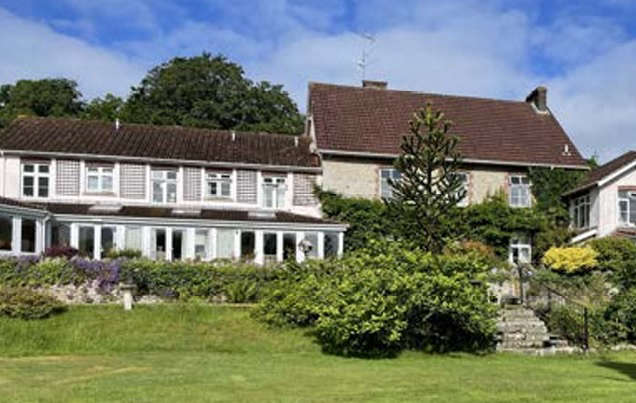 Bovey Tracey holiday homes plan rejected
Bovey Tracey holiday homes plan rejected
 Police investigating burglary and fraud in Exeter
Police investigating burglary and fraud in Exeter
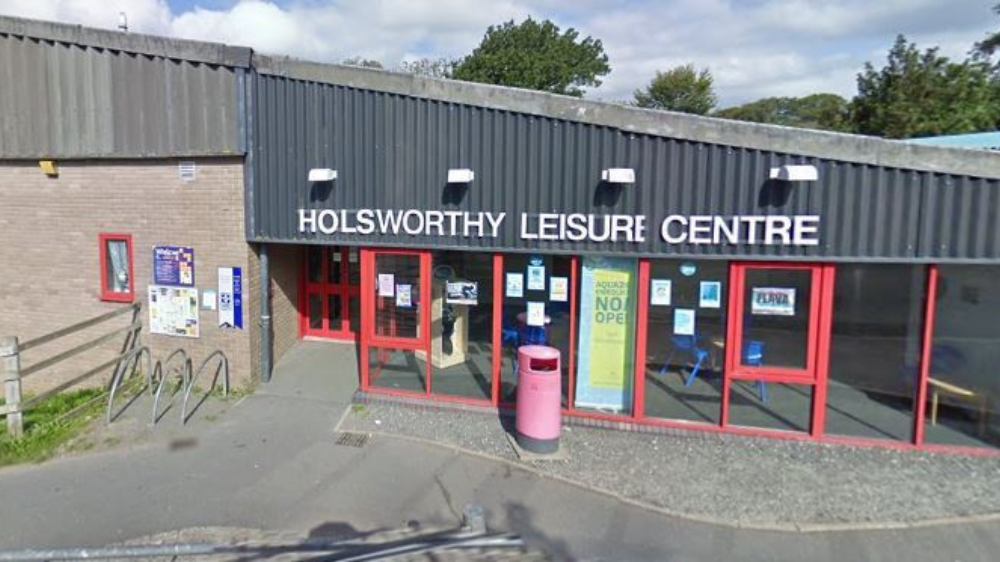 Torridge taxpayers safe from leisure collapse
Torridge taxpayers safe from leisure collapse
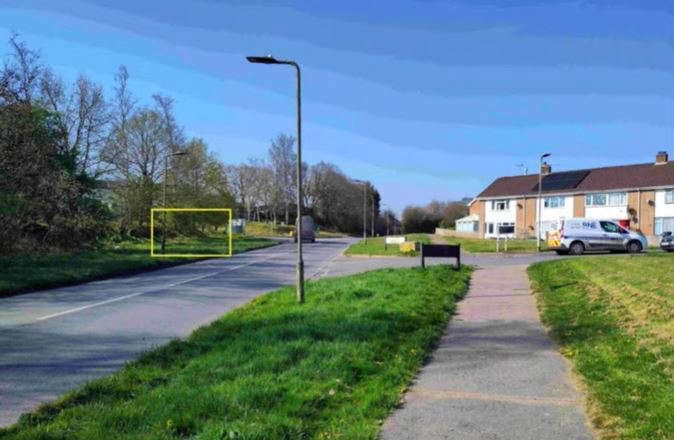 West Devon planners say no to net-zero plans
West Devon planners say no to net-zero plans
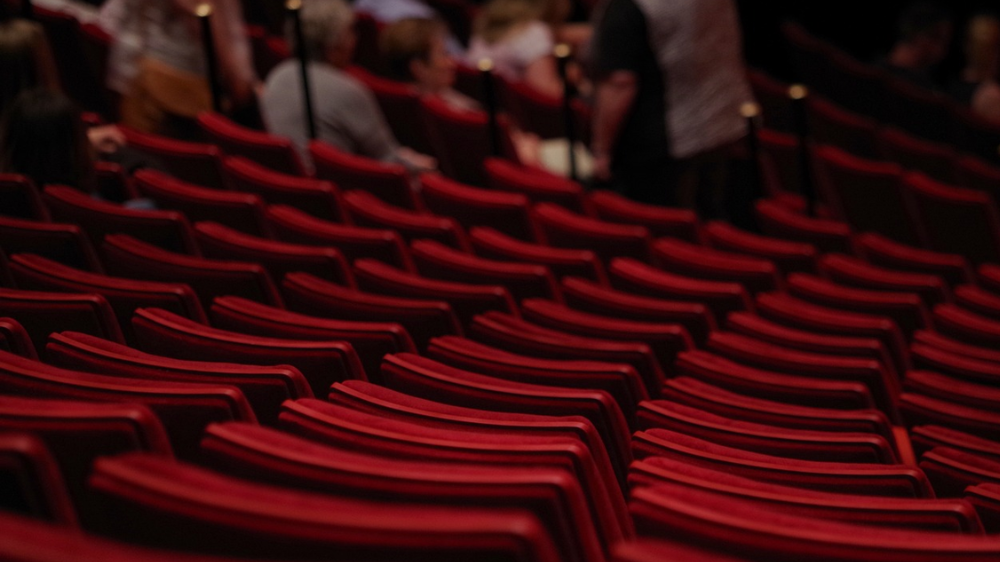 East Devon theatre needs your help
East Devon theatre needs your help
